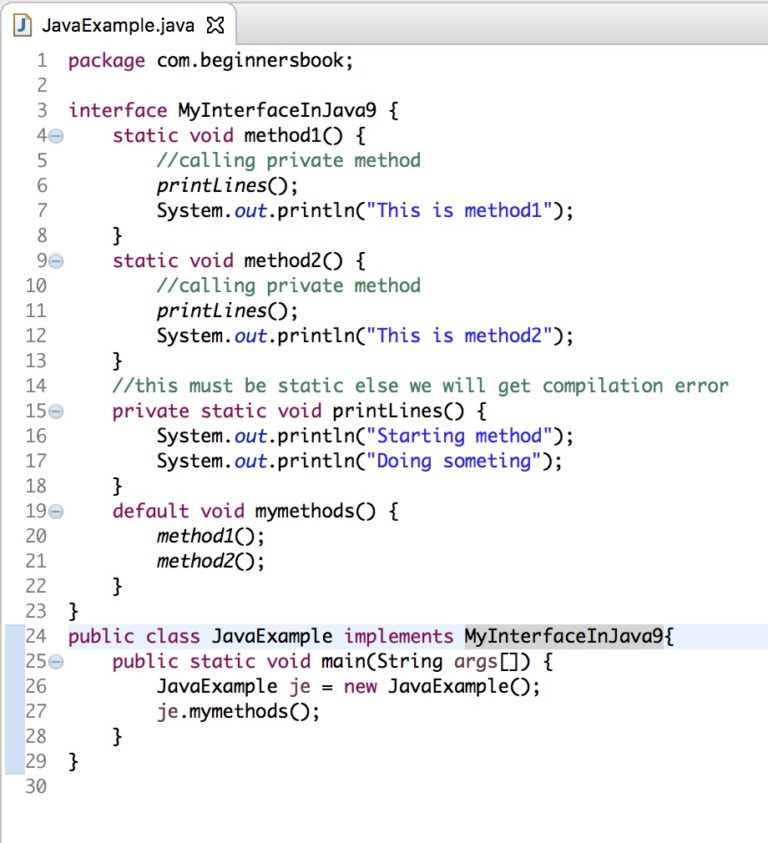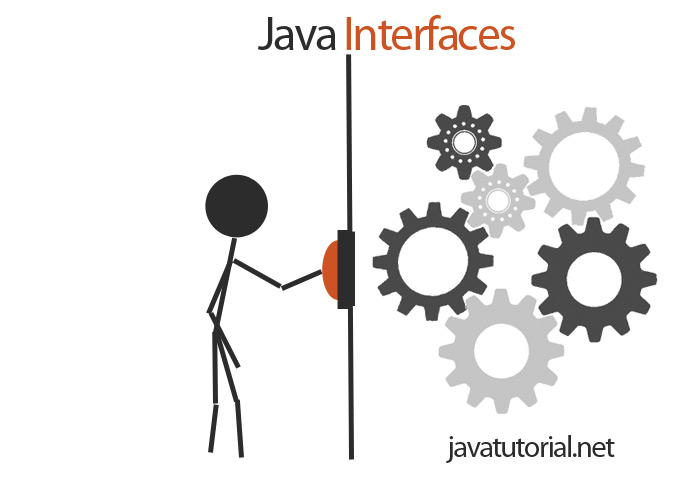Example Of Interfaces In Java -
Introduction
What are Interfaces in Java?
Interfaces in Java is a blueprint of a class. They are similar to classes, but their fields are public, static and final, and their methods are public, abstract and without a body.

Why use Interfaces in Java?
1. Code Reusability
The primary reason for using interfaces is to reuse code. By writing interfaces in Java, we declare a set of methods that a class must implement. Any class that implements the interface can use the existing methods of that interface.

2. Multiple Inheritance
Java does not support Multiple Inheritance through classes, but we can achieve this through Interfaces in Java. A class can implement multiple interfaces, which means it can inherit the properties of multiple interfaces.

How to create Interfaces in Java?
To create an Interface in Java, we need to follow the below syntax:
access_modifier interface Interface_Name //Declare Variables //Declare Methods signature Example:
public interface Example_Interface public void exampleMethod(); This will create an interface with the name 'Example_Interface' and with a single method 'exampleMethod'.
Tips for using Interfaces in Java
1. Use proper naming conventions
When creating interfaces, it is important to follow proper naming conventions. We should use a noun to name interfaces, which indicates the set of methods that a class must implement.
2. Keep interfaces small and focused
We should keep interfaces small and focused on a particular aspect of the class. If we try to put too many methods in a single interface, it can make the code difficult to understand and maintain.
Ideas for using Interfaces in Java
1. GUI Applications
We can use interfaces in Java for building GUI applications. By creating an interface for the buttons and the actions that need to be performed, we can easily separate the view logic from the application logic.
2. Dependency Injection
Interfaces can be used for Dependency Injection. By making use of dependency injection, we can easily swap the implementation of a particular interface at runtime without changing the code.
Conclusion
Interfaces in Java are a powerful tool for creating reusable code, achieving multiple inheritance, and separating concerns. By using interfaces in Java, we can create clean, modular, and maintainable code.

So, start using Interfaces in your Java code and let us know your thoughts and ideas in the comments section below!
Find more articles about Example Of Interfaces In Java


